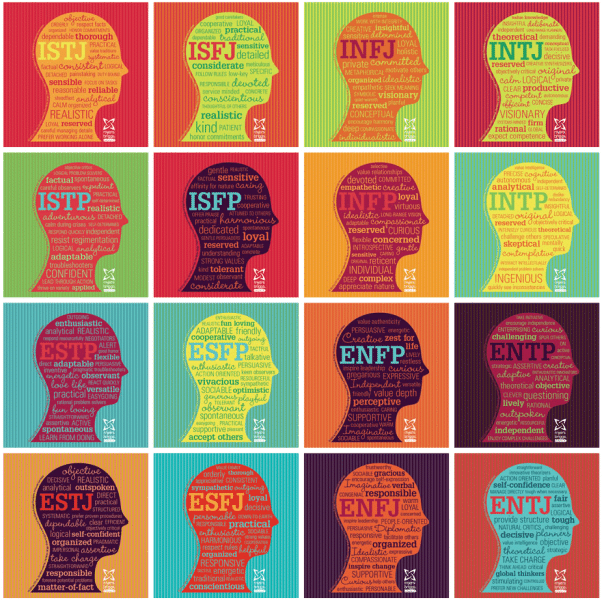Are you an “I” (Introvert) or an “E” (Extrovert)? This question has become a common social icebreaker among young people today. The Myers-Briggs Type Indicator (MBTI) has garnered a wide audience, particularly among the youth, making it a potent tool for marketing with immense monetization potential. But what lies behind the MBTI’s popularity, and what marketing insights can brands derive from it?

Highlighting Personality Traits
Brands can leverage the distinct traits of introverts and extroverts to attract their target audience by offering personalized services that cater to their preferences. For instance, introverts may value comfort and privacy in a product, whereas extroverts might be drawn to vibrant, social experiences. Consider a café that creates a quiet, cozy space for introverted customers, especially when they are alone, offering them a peaceful environment to enjoy their time.
Effective Product Segmentation
Understanding different personality types allows brands to tailor their products accordingly. Introverts might prefer minimalist, understated designs, while extroverts could be attracted to colorful, lively products. A notable example is ZUS Coffee, which categorizes its drinks based on MBTI types. Each personality type has a corresponding drink, sparking widespread discussion and interest, encouraging people to try out the beverages that match their personality.
Strategic Marketing Approaches
Brands can approach MBTI marketing from three main angles:
- Content Creation: Initiate social discussions around MBTI to engage audiences. Creating content that invites people to share their personality types and how it affects their preferences can drive engagement and build a community around the brand.
- Product Design: Incorporate specific elements into products or packaging that resonate with different MBTI types. When consumers see products that reflect their personality, it fosters a sense of connection and loyalty.
- Promotion: Collaborate with well-known MBTI influencers or artists to expand the brand’s reach. Leveraging the influence of these personalities can enhance brand exposure and credibility.
MBTI reflects the growing consumer demand for diversity and customization. It offers a way to connect deeply with customers by aligning with their inner selves and external preferences. Therefore, brands need to master the “emotional” code and establish a resonance with their audience.
Embracing MBTI in Your Marketing Strategy
By tapping into MBTI, brands can foster emotional connections with their audience, leading to higher engagement and loyalty. Whether it’s through personalized content, tailored product designs, or strategic collaborations, understanding and utilizing MBTI can elevate a brand’s appeal and market presence.
Conclusion
Do you have thoughts or questions about MBTI marketing? Feel free to share and discuss in the comments section! If you want to learn more about leveraging MBTI to enhance your brand, don’t hesitate to contact us for a free consultation!

